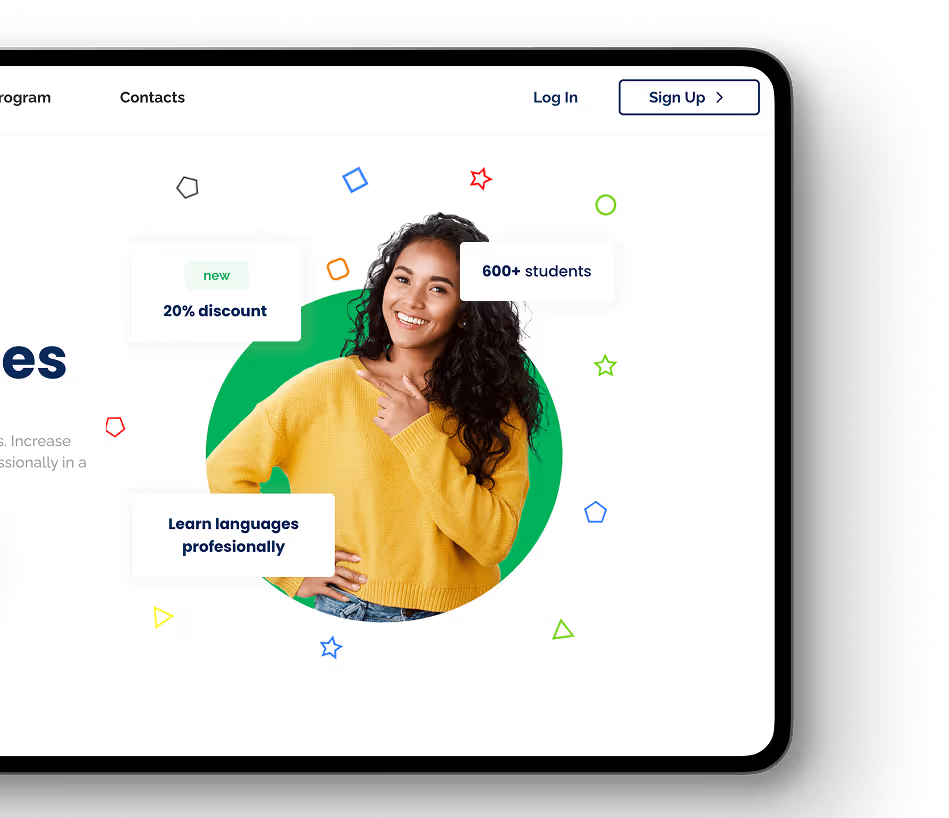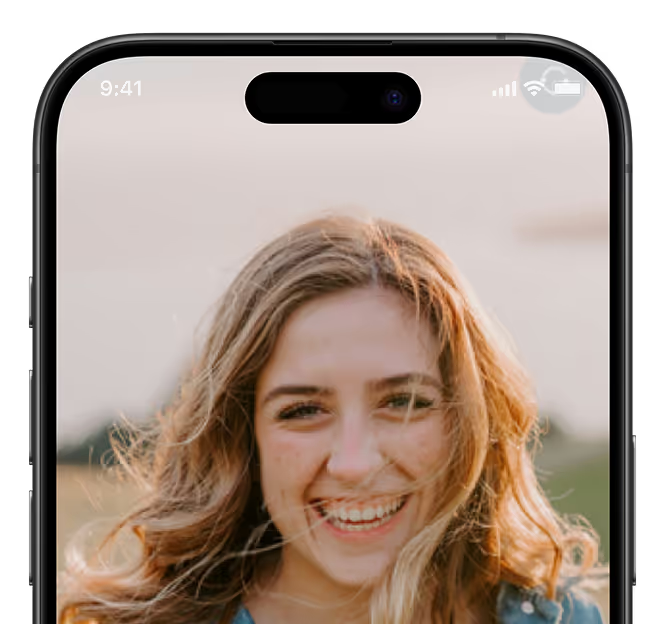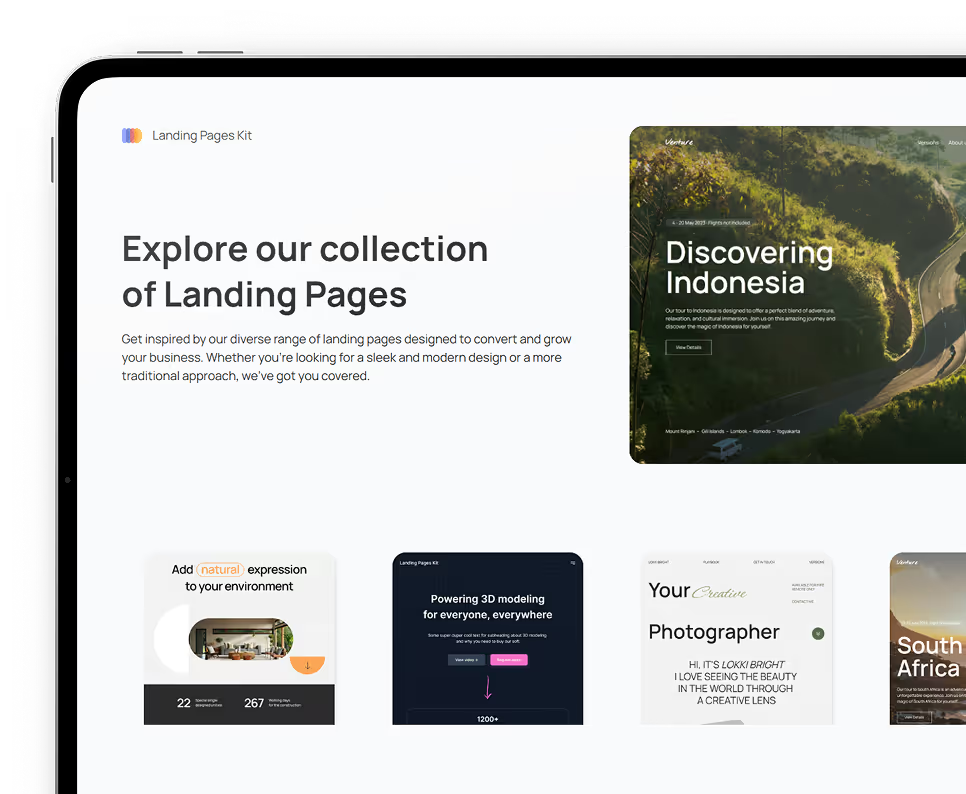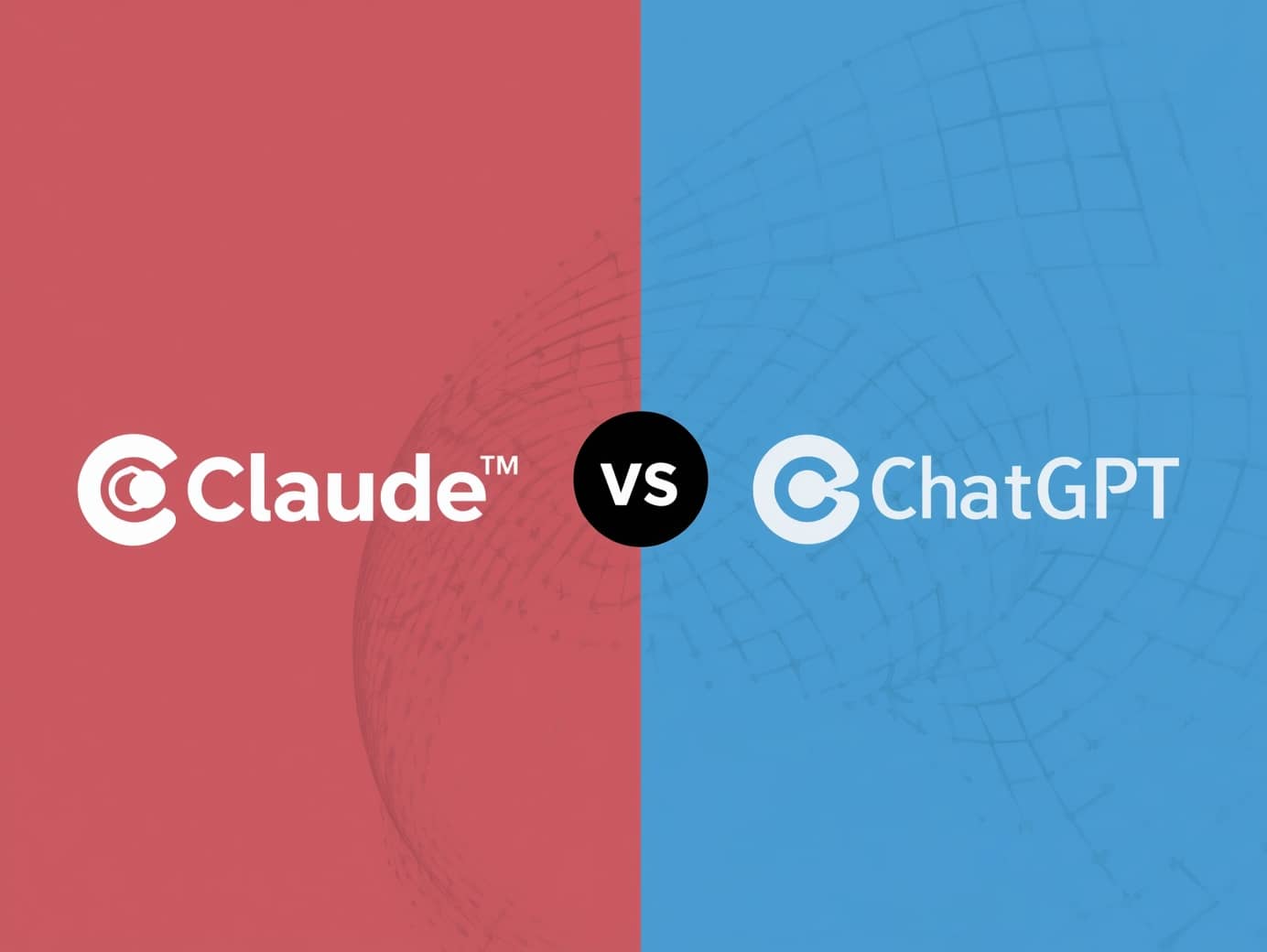October 27, 2025
•
min read
Top 10 Programming Frameworks for App Development:
Learn the 10 best app development frameworks in 2025, when to use each, and how to match them to your project, team skills, and budget.

The mobile app development market will reach $753 billion by 2033. Consequently, choosing the right programming frameworks for app development has never been more critical. The framework you select today determines your app's performance, development speed, and long-term success.
Whether you're building a startup MVP or an enterprise application, understanding your options matters greatly. Indeed, the wrong choice can lead to technical debt, poor performance, and costly rewrites. Fortunately, this comprehensive guide covers the top 10 programming frameworks developers trust in 2025. As a result, you'll make informed decisions that save time and money.
Additionally, you'll discover how to match frameworks to your specific project needs. We'll compare Flutter vs React Native, explore the best backend frameworks, and examine leading web development frameworks. By the end, selecting the perfect app development framework becomes straightforward.
What Are Programming Frameworks for App Development?
A programming framework provides more than just a collection of tools or libraries. Specifically, it offers structure through conventions, templates, APIs, and reusable components. With programming frameworks for app development, developers focus on unique features rather than reinventing common functionality. In essence, frameworks handle the heavy lifting so you can build faster.
Key benefits of using development frameworks include:
- Faster Development: Pre-built components handle routing, UI elements, and data management automatically. Therefore, developers save countless hours on common tasks.
- Code Consistency: Organized structure makes projects easier to maintain and hand off. Similarly, new team members onboard quickly.
- Community Support: Popular frameworks offer extensive tutorials, libraries, and troubleshooting resources. Consequently, developers rarely face unsolved problems.
- Performance Optimization: Well-designed frameworks include built-in performance best practices. Thus, apps run smoothly without extensive manual tuning.
Furthermore, frameworks differ from libraries in one important way. Libraries provide specific functions you call when needed. However, frameworks control the application flow and call your code at appropriate times. This distinction matters when choosing your development approach.
Types of App Development Frameworks
Understanding framework categories helps you narrow down your options quickly. Generally, app development frameworks fall into four main types. Below, we explore each category in detail.
Native Frameworks
Native frameworks build apps specifically for one operating system. For instance, SwiftUI targets Apple devices exclusively. Similarly, Kotlin works only for Android development. Consequently, these frameworks deliver the best performance and full device feature access.
However, native development requires separate codebases for each platform. Therefore, development time and costs increase significantly when targeting multiple platforms. As a result, many teams seek alternative approaches.
Cross-Platform App Development Frameworks
Cross-platform app development frameworks let you write code once and deploy everywhere. Currently, Flutter and React Native lead this category in 2025. Notably, these frameworks reduce development time by 40-50% compared to native approaches.
Additionally, cross-platform solutions maintain near-native performance for most applications. Moreover, they're particularly popular among startups and businesses with limited budgets. In fact, most new mobile projects now start with cross-platform tools.
Hybrid Frameworks
Hybrid frameworks use web technologies wrapped in native containers. For example, Ionic and Cordova represent this approach well. Essentially, these frameworks work best for content-focused apps where native performance isn't critical. However, they may struggle with complex animations or hardware-intensive features.
Web Development Frameworks
Web development frameworks power both frontend interfaces and backend services. On the frontend, React and Angular dominate development. Meanwhile, Django and Laravel lead backend development. Together, these frameworks often pair with mobile solutions for full-stack applications.
How to Choose the Best App Development Frameworks
Selecting the best app development frameworks requires evaluating several critical factors. Therefore, consider these criteria before making your decision.
Performance and Responsiveness
First, consider how well the framework handles animations and heavy data loads. Applications requiring smooth 60fps animations need high-performance frameworks. For instance, Flutter excels here with its Impeller rendering engine. In contrast, hybrid frameworks may struggle with complex graphics.
Cross-Platform Support
Next, determine your target platforms first. Do you need iOS and Android? What about web and desktop? Cross-platform app development frameworks save time but may sacrifice some native feel. Therefore, weigh reach against platform-specific polish.
Developer Productivity and Learning Curve
Furthermore, consider your team's existing expertise carefully. JavaScript developers adapt quickly to React Native. Likewise, Python teams prefer Django for backend work. Ultimately, choosing familiar technologies accelerates development significantly.
Community and Documentation
Strong community support reduces development friction considerably. Specifically, look for active forums, comprehensive documentation, and frequent updates. Additionally, frameworks with larger communities offer more third-party plugins and solutions. In turn, this speeds up development.
Ecosystem and Integration
Moreover, evaluate how well the framework integrates with your existing tools. Database connections, payment APIs, and authentication systems must work seamlessly. For example, the npm ecosystem gives Node.js developers access to millions of packages.
Scalability and Maintainability
Your chosen framework should grow with your business needs. Specifically, enterprise applications require robust architecture and long-term support. Additionally, consider how easy updates and security patches will be. Otherwise, maintenance costs spiral over time.
Cost and Time to Market
Finally, factor in developer availability and licensing costs. Some frameworks have larger talent pools, making hiring easier. Fortunately, open-source frameworks eliminate licensing fees entirely. As a result, budget constraints become less problematic.
Top 10 Programming Frameworks for App Development in 2025
Here are the leading programming frameworks for app development that developers trust today. Importantly, each framework serves different needs and project types. Below, we examine each option in detail.
1. Flutter
Flutter stands out as Google's premier UI toolkit for mobile app development frameworks. Specifically, it uses the Dart programming language and compiles to native ARM code. Consequently, Flutter delivers exceptional performance across iOS, Android, web, and desktop platforms.
Key Features:
- Hot reload for instant development feedback
- Widget-based UI with complete customization control
- Impeller rendering engine for smooth animations
- Single codebase for multiple platforms
Best For: Rich UIs, custom animations, startups wanting consistent cross-platform experiences.
Statistics: Flutter leads with 46% developer adoption according to Stack Overflow's 2025 survey. Additionally, Flutter has 170,000+ GitHub stars, demonstrating strong community engagement.
Considerations: However, larger app sizes and Dart's smaller developer pool compared to JavaScript remain challenges.
2. React Native
React Native remains Meta's powerful solution for cross-platform mobile development. Essentially, it leverages JavaScript and React patterns familiar to millions of web developers. When comparing Flutter vs React Native, each framework excels in different scenarios.
Key Features:
- Massive npm ecosystem with thousands of packages
- Hot reloading for rapid iteration
- New bridgeless architecture improving performance
- Code sharing with React web applications
Best For: Teams with JavaScript expertise, apps requiring extensive third-party integrations.
Statistics: React Native maintains 35% developer adoption and 121,000 GitHub stars. Notably, apps like Instagram, Facebook, and Shopify use React Native successfully.
Considerations: Nevertheless, performance may lag in graphics-heavy applications compared to Flutter.
3. React
React dominates frontend web development as Facebook's component-based library. Specifically, it introduced the virtual DOM concept that revolutionized how developers build user interfaces. Among best frontend frameworks, React consistently ranks first.
Key Features:
- Virtual DOM for optimized rendering performance
- Component-based architecture enabling code reuse
- JSX syntax combining JavaScript and HTML
- Extensive ecosystem with Next.js and Gatsby
Best For: Dynamic web applications, single-page applications, complex user interfaces.
Statistics: 40.58% of professional developers use React globally. Furthermore, over 2 million websites rely on React for their frontend.
4. Angular
Angular provides Google's comprehensive solution for enterprise-scale web applications. When developers debate React vs Angular, Angular typically wins for large, complex projects. Indeed, this TypeScript-based framework offers everything out of the box.
Key Features:
- Two-way data binding simplifying UI synchronization
- Powerful dependency injection system
- Comprehensive CLI for project management
- Built-in testing utilities
Best For: Large enterprise applications, teams preferring opinionated frameworks, complex data-driven apps.
Statistics: 22.96% of developers use Angular, with 17% annual growth in enterprise adoption.
Considerations: However, expect a steeper learning curve compared to React or Vue.js.
5. Vue.js
Vue.js offers a progressive approach to building user interfaces. Essentially, it combines the best aspects of React and Angular while maintaining simplicity. As a result, many developers consider Vue.js among the best frontend frameworks for its gentle learning curve.
Key Features:
- Reactive data binding with clean syntax
- Flexible architecture adapting to project needs
- Excellent documentation for beginners
- Strong ecosystem with Vuex and Vue Router
Best For: Developers wanting simplicity, gradual integration into existing projects, small to medium applications.
Statistics: Currently, over 1.5 million websites use Vue.js in production.
6. Node.js with Express
Node.js revolutionized backend development by bringing JavaScript to servers. Meanwhile, Express.js provides the minimal, flexible framework for building APIs and web services. Together, they represent one of the best backend frameworks available today.
Key Features:
- Non-blocking I/O for handling concurrent requests
- Massive npm ecosystem with millions of packages
- Same language for frontend and backend development
- Excellent for real-time applications
Best For: APIs, microservices, real-time features, full-stack JavaScript teams.
Statistics: Node.js leads backend adoption at 42.7%, while Express holds 21.7% market share.
7. Django
Django delivers Python's "batteries-included" approach to web development. Specifically, it handles authentication, database management, and admin interfaces automatically. For Python developers, Django remains the top choice among best backend frameworks.
Key Features:
- Built-in ORM simplifying database operations
- Automatic admin panel generation
- Strong security defaults preventing common vulnerabilities
- Rapid development for data-driven applications
Best For: Data-heavy applications, APIs for mobile apps, rapid prototyping.
Statistics: Django maintains 14.4% usage as Python's leading web framework. Therefore, Python teams have strong support.
8. SwiftUI
SwiftUI represents Apple's modern approach to building native applications. Notably, it uses declarative syntax that simplifies UI development significantly. For Apple ecosystem apps, SwiftUI delivers unmatched native performance.
Key Features:
- Declarative syntax reducing boilerplate code
- Tight integration with Apple's latest features
- Live previews during development
- Smooth animations and transitions
Best For: iOS, macOS, watchOS, and tvOS applications exclusively.
Considerations: However, SwiftUI is limited to Apple platforms only. Additionally, some complex layouts still require UIKit fallbacks.
9. .NET MAUI
.NET MAUI continues Microsoft's cross-platform development vision. Essentially, it evolved from Xamarin.Forms to support Windows, macOS, iOS, and Android from single C# codebases. Consequently, enterprise teams invested in Microsoft technologies favor this mobile app development framework.
Key Features:
- Single project targeting multiple platforms
- Strong Visual Studio integration
- Access to extensive .NET libraries
- Native UI rendering on each platform
Best For: Enterprise applications, Microsoft technology stack teams, desktop-plus-mobile projects.
Considerations: However, expect a smaller community compared to Flutter or React Native.
10. Laravel
Laravel stands as PHP's most elegant backend framework. Specifically, it prioritizes developer happiness with expressive syntax and powerful features. As a result, many developers building web applications choose Laravel for its productivity benefits.
Key Features:
- Eloquent ORM for intuitive database interactions
- Blade templating engine for clean views
- Artisan CLI automating common tasks
- Built-in authentication and security features
Best For: Web applications, APIs supporting mobile apps, PHP teams.
Programming Frameworks Comparison Table
This comparison helps you evaluate the top programming frameworks quickly. Moreover, use it as a reference when narrowing your choices.
Framework Selection by Project Type
Choosing among app development frameworks becomes easier when you match them to specific needs. Below, find recommendations based on project type.
Selection by Team Expertise
JavaScript Teams: React Native, React, Node.js, Vue.js offer familiar syntax and patterns.
Python Teams: Django pairs excellently with React or Vue.js frontends.
C#/.NET Teams: .NET MAUI provides comfortable transition to mobile development.
Swift Developers: SwiftUI maximizes existing Apple development skills. Therefore, iOS specialists should leverage this expertise.
New Developers: Flutter and Vue.js offer gentler learning curves for beginners. Consequently, these frameworks provide excellent starting points.
Emerging Web Development Frameworks to Watch
Several newer frameworks deserve attention for future projects. Indeed, these web development frameworks show strong growth trajectories.
Next.js extends React with server-side rendering and static site generation. Therefore, it's becoming essential for SEO-focused React applications. Currently, many consider it among the best frontend frameworks for production deployments.
FastAPI represents Python's fastest-growing framework with +5% year-over-year growth. Specifically, it excels at building high-performance APIs with automatic documentation.
Svelte/SvelteKit compiles components at build time rather than runtime. Consequently, it produces smaller bundles and faster applications than traditional frameworks.
NestJS brings Angular-like structure to Node.js backend development. Moreover, TypeScript support and modular architecture appeal to enterprise teams.
Kotlin Multiplatform offers JetBrains' approach to sharing code between Android and iOS. Currently, it's gaining traction among native Android developers expanding to cross-platform.
Frequently Asked Questions About Programming Frameworks
What is the best programming framework for app development in 2025?
Flutter currently leads as the most popular cross-platform app development framework with 46% developer adoption. However, the "best" framework depends on your specific needs. For instance, React Native suits JavaScript teams better. Similarly, SwiftUI excels for Apple-only applications.
Which is better: Flutter or React Native?
When comparing Flutter vs React Native, Flutter offers superior UI performance and consistency. Conversely, React Native provides easier adoption for JavaScript developers and a larger ecosystem. Specifically, Flutter wins for graphics-heavy apps. Meanwhile, React Native wins for teams with React experience.
What framework should beginners learn first?
Vue.js offers the gentlest learning curve among best frontend frameworks. Similarly, for mobile development, Flutter's widget-based approach proves intuitive for newcomers. Importantly, both have excellent documentation and supportive communities.
Can I build mobile apps without knowing native languages?
Absolutely. Cross-platform app development frameworks like Flutter and React Native eliminate the need for Swift or Kotlin knowledge. Specifically, you can build production-quality apps using Dart or JavaScript respectively.
What is the difference between a framework and a library?
Libraries provide specific functions you call when needed. Conversely, frameworks control application flow and call your code at appropriate times. Essentially, this "inversion of control" distinguishes frameworks from libraries fundamentally.
Which backend framework is best for mobile app development?
Node.js with Express leads among best backend frameworks for mobile apps. Specifically, its JavaScript foundation enables code sharing with React Native frontends. Meanwhile, Django excels for data-intensive applications requiring Python's analytical capabilities.
How do I choose between cross-platform and native development?
Choose cross-platform app development frameworks when targeting multiple platforms with limited budgets. Conversely, select native development when maximum performance matters or you're targeting a single platform exclusively. Generally, most businesses benefit from cross-platform approaches initially.
Are programming frameworks free to use?
Yes, all programming frameworks for app development listed here are open-source and free. Specifically, Flutter, React Native, React, Angular, Vue.js, Node.js, Django, SwiftUI, .NET MAUI, and Laravel charge no licensing fees.
Conclusion: Choose the Right Framework for Your Success
Selecting the right programming frameworks for app development significantly impacts your project's success. Ultimately, no single framework works perfectly for every scenario. Therefore, your choice should align with your goals, team skills, and project requirements.
For cross-platform mobile apps, Flutter and React Native dominate with proven track records. For web applications, React, Angular, and Vue.js offer different strengths. For backend services, Node.js, Django, and Laravel each excel in specific contexts.
Consider testing 2-3 frameworks with small prototypes before committing. Indeed, this hands-on approach reveals which framework matches your team's workflow best. Additionally, evaluate community support and long-term maintenance implications carefully.
The top 10 programming frameworks covered here represent battle-tested solutions trusted by millions of developers. Ultimately, whichever you choose, focus on delivering value to your users while maintaining code quality.
Ready to Build Your App With Expert Guidance?
Choosing among programming frameworks for app development can feel overwhelming. Indeed, the right decision depends on countless factors specific to your project. Moreover, making the wrong choice costs valuable time and resources.
At RapidDev, we specialize in helping businesses navigate technology decisions with confidence. Specifically, our expert team has delivered 200+ successful projects across every major framework. Therefore, we know which technology delivers optimal results for each unique situation.
Why partner with RapidDev?
- ✅ 200+ projects delivered for businesses worldwide
- ✅ 340% revenue growth demonstrates our proven expertise
- ✅ Weeks, not months for complete application delivery
- ✅ Framework-agnostic guidance matching tools to your needs
- ✅ Expert support throughout your development journey
Whether you need a Flutter mobile app, a React web application, or guidance selecting the right app development framework, we deliver results that drive real business value.
Stop struggling with technology decisions. Start building with confidence.
Book Your Free Consultation with RapidDev Today →
Let's turn your app idea into reality together.
Ready to kickstart your app's development?
Connect with our team to book a free consultation. We’ll discuss your project and provide a custom quote at no cost!
Latest articles
We put the rapid in RapidDev
Ready to get started? Book a call with our team to schedule a free consultation. We’ll discuss your project and provide a custom quote at no cost!









